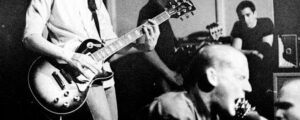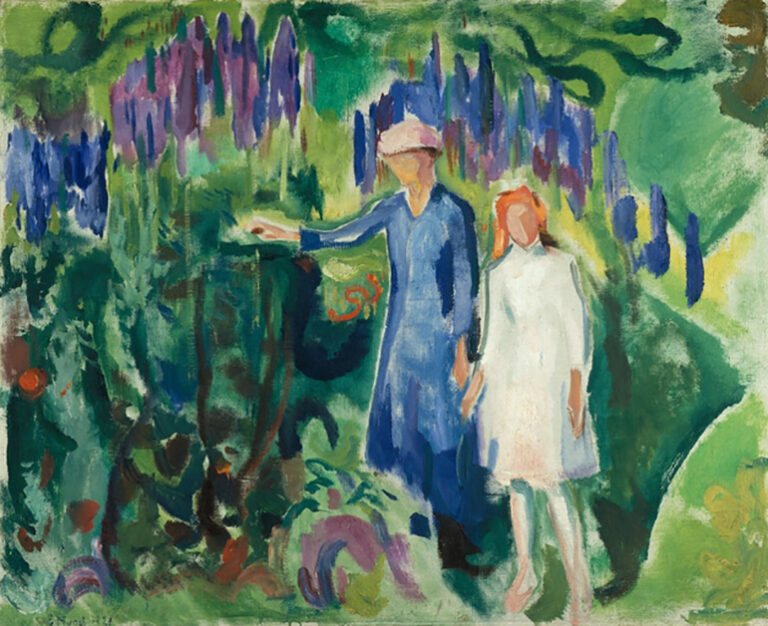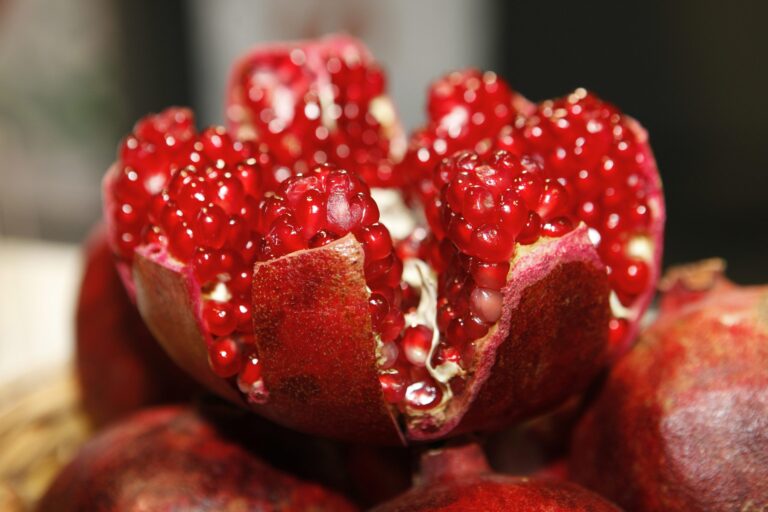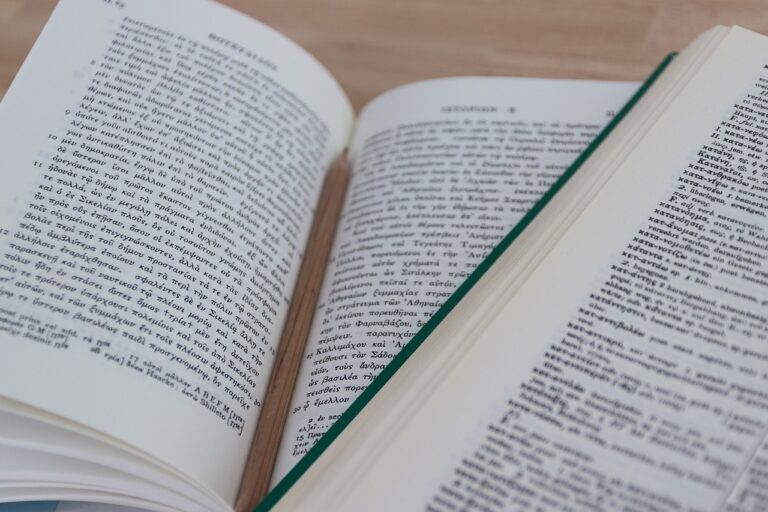Nothing More Punk Than Poetry: The DIY Lit Scene

For years, the Breadline reading series brought together Seattle’s writers, performers, and artists. I saw fiction writers and poets read there alongside stand-up comedians, pianists, graphic novelists, and rappers. One night, Bruce Bickford, an artist who had worked with Frank Zappa in the seventies, projected his hyper-trippy hand-drawn animations onto the screen in the back of the bar and talked about his process. Breadline was always eclectic, never boring, and a good example of a kind of reading that is becoming more and more common.
Grass-roots literary events are becoming more frequent and more visible. In Chicago, reading series like the Dollhouse and Wit Rabbit are bringing writers into bars and living rooms. “I don’t know how many amazing poets I saw [read for the Dollhouse] in Dolly Lemke’s apartment,” says Joshua Young, a Chicago writer and filmmaker. “A lot. A scene depends on the community and how they treat their authors. There are poets and prose writers and filmmakers and beer makers and tattoo artists all coming together to support their friends or see a reading.”
These small (usually urban) circles might call to mind their literary forebears: the Shelleys, Polidori, and Byron hanging out on Lake Geneva; the literary salons in Paris in the early twentieth century; the radical New York poetry scene in the 1970s. I’m sure their organizers would bristle at the comparison. Most DIY readings come together humbly, as a place to share work and hang out with friends, and because of that I think they are most reminiscent of the hardcore and indie music scenes of the eighties, when bands like Black Flag and Dinosaur Jr. created tight support networks across the country. In his chronicle of the scene, Our Band Could Be Your Life: Scenes from the American Indie Underground 1981 – 1991, Michael Azerrad writes a summary of the scene that could just as easily apply to the independent literary scene in 2016:
“The indie movement was a reclamation of what rock was always about… Indie bands proved that you didn’t need those things [impersonal stadium concerts and the unreality of MTV] to make a connection with an audience. In fact, you could make a better connection with your audience without them.”
Although there is no literary equivalent to MTV, these independent reading series are often loose, and often boozy. David Bersell, a Nashville-based essayist says that after attending events as part of the MFA world, readings “started to feel stale to me, and too quiet and too long. In general, if I go to a reading, if I leave my room and make small talk and strain to listen, I want it to feel something like a party.”
Nashville is seeing a small explosion of new reading series founded by young writers, like Vow of Silence and Life is Boring, which also publishes chapbooks and runs an online journal. “Crowds here are used to going to shows numerous days a week,” Bersell says. “This scene makes sense. I recently read between two bands in a smoky living room.” Many of the performers and organizers are young—sometimes in their teens—and, like the indie scene in the eighties, the independent literary scene is quick to embrace multimedia. “The same way kids might make a zine or record some songs, they also write poetry,” Bersell says.
Unlike city lecture series or university-backed readings, these indie lit events tend to be short-lived. When their organizers get too busy or have to relocate, they end. In Seattle, Breadline has ended (twice, actually), and in Chicago, the Dollhouse is also no more. “I went to the last Dollhouse last month and I cried,” says Young. “I actually cried, because the Dollhouse helped shape my expectations of a reading series, of literary friendships, and because the Dollhouse was a part of my home. I knew that the people there in that apartment would go out and make spaces for readings and events and help this community continue to grow.”


